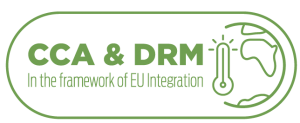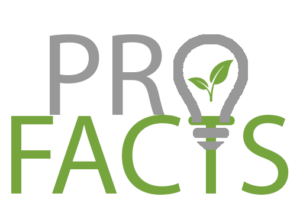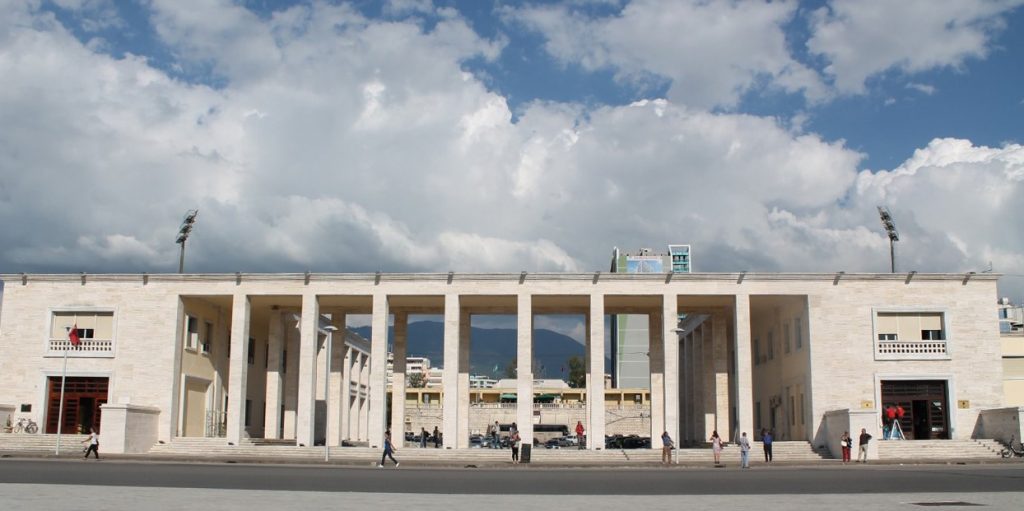The second Module provides scientific and practical information on the budget system, public expenditures, public debt and EU rules on fiscal policies. The program aims at preparing the students with scientific and practical information about the main sources of state revenues and providing information on EU policy regarding taxes. One of the objectives of the course is to enrich the knowledge of students who will work in state administration and have direct access to EU policies in the field of fiscal reforms. The other objective is that students who will work as managers will know the key taxes and how they are applied. A particular focus of the course is green taxes role in supporting sustainability transitions. Other types of taxes, the principles of taxes and fees, tax structures and EU principles for a fair and efficient tax system are other issues addressed throughout the course.
THE MODULE CONTENT
1:Introduction to the Fiscal administration
This topic explains the concept of Fiscal Administration. This topic explains the government’s role and functions in the economy of a country. The main institutional and policy framework in charge of fiscal policies will be introduced, and comparison between the organization of the fiscal system in Albania and in selected countries of the EU will be provided. The experience of EU countries towards the complementary role of fiscal rules and the establishment of national independent fiscal institutions or fiscal councils will be emphasized.
2:Budget and budget structures
This topic presents the objectives and functions of the Budget and the principles of functioning of the budget system. Some experiences and good practices of budget allocation in EU countries are provided. Special emphasis will be given to the budget allocation for the purposes of environmental protection and climate action, by comparing practices in selected EU countries and Albania.
3:Public expenditures
This topic will address public expenditures and their classifications. Selected issues to be addressed include: Composition of Public Expenditures in the EU; Expenditures across EU Member States and Albania from a functional perspective; Differences among Albania and Member States and trends over time; Dispersion of composition of public expenditure among EU27, Euro area Member States and Albania; Variation over time. Divergence or convergence across Member States and Albania.
4:Budget methods of financial planning
This topic addresses the importance of financial planning and forecasting. This topic addresses fiscal targets and fiscal indicators, as well as fiscal rules in the European Union.
5:Public debt and its administration
This topic is about the budget imbalance and the need for government debt. The causes of a budget deficit, as well as the ways to manage a budget deficit, are discussed in this topic. This topic contains data on the structure of public debt in Albania and EU countries.
6: Principles and characteristics of Taxation
This topic will address tax principles and characteristics, and will provide EU guidelines for principles for a fair and efficient tax system in the EU. The structure of taxation in Albania and the level of compliance of the system with the principles of fair and efficient taxation will be addressed.
7: Tax Procedure
This topic discusses Albania tax procedures, addressing EU directives to decrease the likelihood of evasion and make tax avoidance a priority.
8: Value Added Tax and its administration
This topic explains the fundamentals of VAT. This section contains information on how to apply VAT on imports and exports, as well as several case studies and the directive of the EU. The level of application of these practices in the Albanian fiscal system is emphasized.
9:Corporate Tax
This topic will explain corporate tax. The most recent EU initiatives for market-wide harmonization of direct taxes, as well as approaches to avoid tax shifting will be discussed. The level of application of these practices in the Albanian fiscal system is emphasized.
10:Personal Income Tax
This topic addresses the importance of personal income tax and the structure of this tax. This topic includes the types of income tax systems, the concept of direct taxes according to the EU. The level of application of these notions in the Albanian fiscal system is emphasized.
11:Social security contributions
This topic explains the importance of social security in the individual’s social protection and pension. This topic explains the methods of financing basic social security systems. The Regulation of EU on social security contributions as well as the coordination of social security systems within EU member states and Albania will be discussed.
12:The Impact of tax on the transactions
This topic explains tax risk, the impact of risk on cash flows and taxes. Net present value is analyzed taking into account taxes.
13:Environmental Taxes The role of environmental taxation in supporting sustainability transitions is broadly addressed in this topic. The Regulation of EU on environmental taxation is included. An analysis of current trends in environmental taxes and their ability to raise revenues, as a basis for reform programmes that aim to shift taxes from labour and capital to resource use and environmental pollution is thoroughly addressed. The potential for generating revenue from energy taxes and carbon pricing in the coming decade and their role in achieving the EU’s aim of being climate neutral by 2050, and the implications of this for tax shifting programmes is another issue included in this topic.




